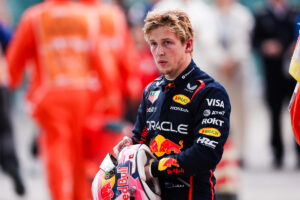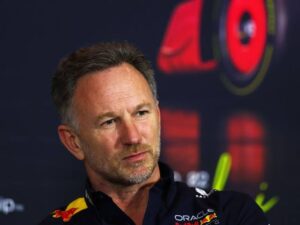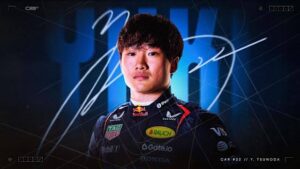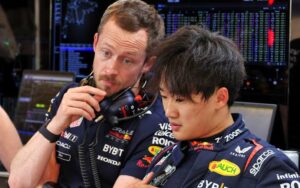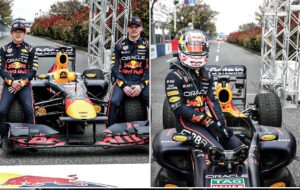As Friedkin Group takeover of Everton collapses check out what happened……

Friedkin Group Takeover of Everton Collapses: What Happened and What’s Next for the Club
The much-anticipated takeover of Everton Football Club by the Friedkin Group has collapsed, sending shockwaves through the football world and leaving fans and stakeholders questioning the future direction of the club. The collapse of this takeover bid highlights the complexities and uncertainties involved in high-stakes negotiations and what it means for Everton moving forward.
The Friedkin Group, led by American billionaire Dan Friedkin, was poised to take control of Everton in a deal that was expected to inject significant financial resources into the club. Friedkin, who also owns AS Roma in Italy’s Serie A, had ambitious plans for Everton, aiming to transform the club into a competitive force in the Premier League and on the European stage.
The proposed deal, reportedly valued at around £500 million, included commitments to invest in the squad, infrastructure, and community projects. Everton’s new stadium at Bramley-Moore Dock, currently under construction, was a central piece of this vision, with the Friedkin Group planning further enhancements to ensure it became one of the premier venues in English football.
However, despite months of negotiations, the deal has fallen through. Sources close to the matter indicate that disagreements over valuation and future financial commitments were key stumbling blocks. While both parties were initially optimistic about reaching an agreement, it became apparent that bridging these differences was more challenging than anticipated.
The complexity of Everton’s financial situation also played a role. The club has faced financial difficulties in recent years, exacerbated by the COVID-19 pandemic. Balancing the books while investing in the squad and infrastructure presented a daunting challenge that may have deterred the Friedkin Group.
The collapse of the takeover has left Evertonians disappointed and concerned. Many had hoped that the financial backing of the Friedkin Group would herald a new era of success and stability for the club. The current owner, Farhad Moshiri, who has invested heavily since acquiring a majority stake in 2016, now faces renewed scrutiny and pressure to find alternative solutions to the club’s ongoing issues.
From a sporting perspective, the failed takeover raises questions about Everton’s ability to compete at the highest level. The club has struggled to break into the Premier League’s top echelon, and the lack of new investment could hinder their progress. Manager Sean Dyche, who is tasked with improving the team’s performance, may have to work within tighter financial constraints, limiting his ability to strengthen the squad.
With the Friedkin Group out of the picture, Everton’s future remains uncertain. Moshiri and the board will need to explore other avenues to secure the necessary investment. Potential options include seeking new investors, restructuring the club’s finances, or pursuing a more sustainable, long-term growth strategy.
The priority for Everton now is to stabilize both on and off the pitch. Ensuring the completion of the new stadium remains a ritical objective, as it is expected to generate significant revenue and enhance the club’s stature. On the footballing side, Everton must focus on building a competitive squad that can improve their Premier League standing and challenge for European qualification.
The collapse of the Friedkin Group’s takeover bid is a significant setback for Everton, but it also serves as a reminder of the complexities involved in such high-stakes negotiations. As the club navigates this challenging period, the focus must be on finding viable solutions to ensure a stable and prosperous future. Everton’s resilience and commitment to their fans will be crucial as they embark on the next chapter of their storied history.




